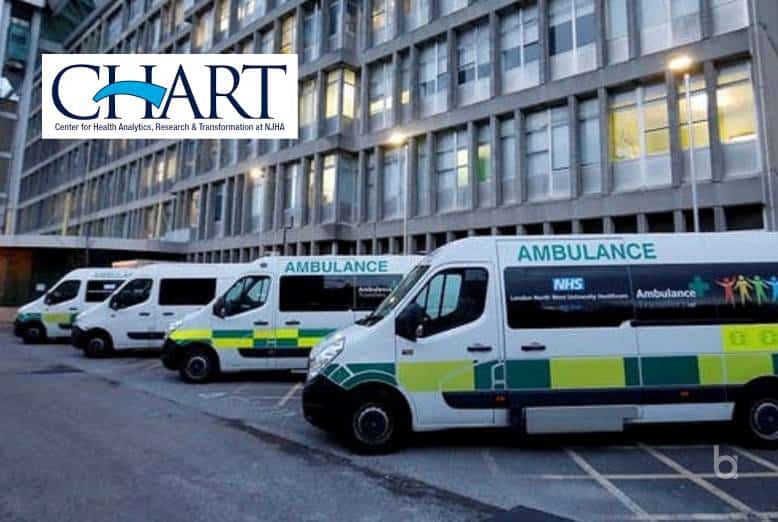Black patients experience highest mortality rates, NJHA’s analysis
New Jersey’s communities of color are experiencing disproportionate impacts of COVID-19 in diagnosis rates and mortality rates, according to an analysis from the Center for Health Analytics, Research and Transformation (CHART) at the New Jersey Hospital Association.
Based on hospital discharge data of NJHA, Asian and Hispanic individuals have higher age-adjusted diagnosis rates, while black patients have the highest age-adjusted mortality rate.
Age-adjusted diagnosis rates by race/ethnicity and gender showed:
- Asians had the highest age-adjusted diagnosis rate, at 25.7 per hundred population for males and 21.3 per hundred population for females.
- Hispanics had the second-highest age-adjusted diagnosis rate, at 20.3 per hundred population for males and 17.6 per hundred for females.
The most impacted communities differ when examining those with the highest age-adjusted COVID-19 mortality rate. The analysis showed:
- Black New Jerseyans have the highest COVID-19 age-adjusted mortality rate of 8.4 per hundred population for males and 7.4 per hundred population for females
- White patients followed, with a 7.9 per hundred population mortality rate for males and 5.7 per hundred population for females.
- Hispanics had the third-highest COVID-19 mortality rate, at 7.8 per hundred population for males and 5 per hundred population for women.
The data was drawn from patient records submitted by hospitals through the New Jersey Hospital Discharge Data Collection System. The data contains 75,895 discharges submitted as of April 1, 2020, of which 12,581 were identified as COVID-19 cases.
Additionally, the differences based on race and ethnicity, CHART’s analysis revealed disparities based on gender. Males, with the exception of the black population, were diagnosed with COVID-19 at a higher rate than females. However, black males had a significantly higher mortality rate than black females, noted Sean Hopkins, senior vice president of CHART.
How do the healthcare system and its community partners begin to address these issues post-COVID-19? NJHA’s report provides a number of important considerations for the after-action analysis of the COVID-19 response. They include:
- Leveraging community partnerships through targeted outreach and health promotion
- Preparing and providing culturally and linguistically appropriate information to New Jersey’s diverse populations
- Planning for safe spaces for quarantine, mental health services, and child and family resources for vulnerable groups.




















